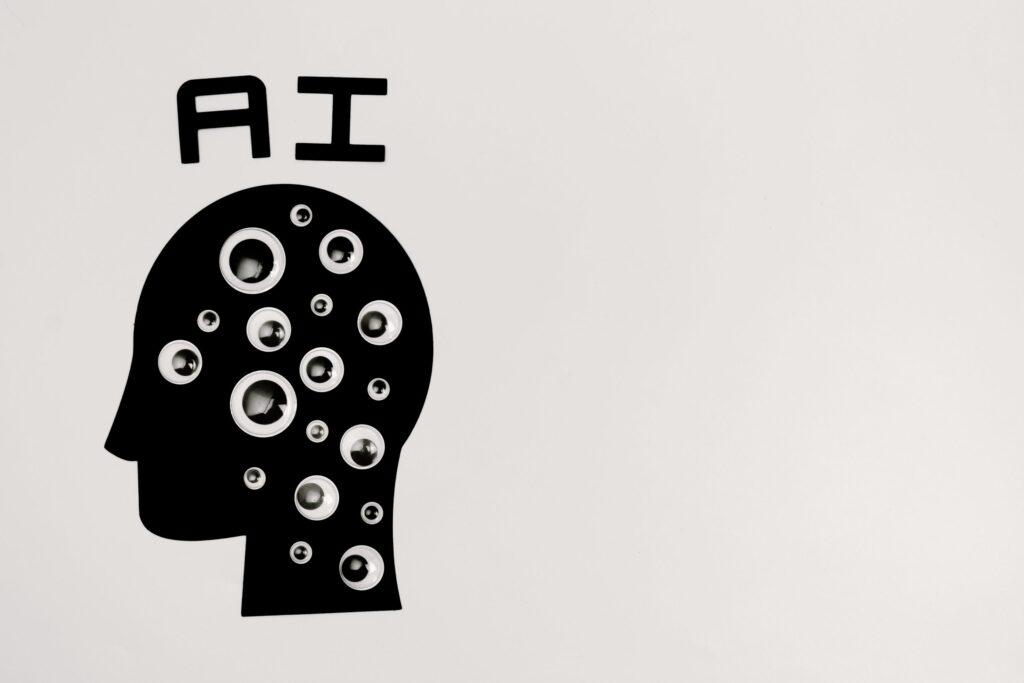Artificial intelligence (AI), with the help of image generators and conversational agents, poses a challenge for artists and writers, but scientists believe it could also revolutionize research and even feature prominently in laureates’ works Nobel Prize, reports AFP on Thursday, quoted by Agerpres.
In 2021, Japanese scientist Hiroaki Kitano launched what he called the “Nobel Turing Challenge.” He challenged researchers to create an “AI scientist” by 2050, capable of autonomously carrying out Nobel Prize-worthy research.
Some researchers are working hard to create such an artificial colleague, and about a hundred “robot scientists” are already active in the scientific field, as explained by Ross D. King, professor of artificial intelligence at Chalmers University in Sweden.
In 2009, the specialist published an article in which he presented, together with other researchers, a scientific robot called Adam, the first machine that produced scientific discoveries autonomously. “We built a robot that discovered new scientific ideas, tested them and confirmed that they were correct,” King told AFP.
The robot was programmed to autonomously formulate hypotheses, design experiments to test them, and even program other lab robots to perform these experiments and ultimately learn from those results.
– “Not at all trivial” discoveries –
Adam was tasked with exploring the inner workings of yeast and discovered previously unknown “gene functions”.
These findings are “modest” but “by no means trivial,” the authors noted in their paper.
A second “scientist” robot, called Eve, was later created to study candidate drugs against malaria and other tropical diseases.
With such robots, “the research activity costs less, and they work 24 hours a day,” explained Ross D. King, adding that the robots are more rigorous in monitoring processes.
However, the researcher admitted that AI is far from rising to the level of a scientist worthy of Nobel. This would require “much more intelligent” robots, able to “understand the situation as a whole”.
– “Far from being replaced by machines” –
“The scientific tradition is far from being replaced by machines,” Inga Strümke, associate professor at the Norwegian University of Science and Technology, told AFP.
“That doesn’t mean it’s impossible,” added the researcher, estimating that it is “definitely” clear that AI has and will have an impact on science.
The Alphafold AI model developed by Google Deepmind, which allows finding the three-dimensional structure of proteins based on amino acids, is a good example of this. “We knew that there was a relationship between amino acids and the final three-dimensional shape of proteins, and that we could use machine learning to find it,” explained Strümke.
These calculations are, however, too complex for humans, and “the machine did something that no human could do,” she added.
Alphafold highlighted, at the same time, the weakness of current AI models, such as neural networks, the researcher added. They are very good at processing huge amounts of information and finding an answer, but they are not able to explain why that answer is correct.
Thus, although the more than 200 million protein structures predicted by Alphafold are “extremely useful”, explained Strümke, “they don’t tell us anything about microbiology”.
– Assisted by AI –
For Inga Strümke, science seeks to understand the universe, not just to “make the right assumption”.
However, Alphafold’s groundbreaking work has led experts to place its creators among potential Nobel Prize candidates.
Google DeepMind director John M. Jumper and CEO and co-founder Demis Hassabis have already been awarded the prestigious Lasker Prize for medical research – also called the “American Nobel” – in 2023.
They are highlighted by the analytics company Clarivate, which predicts potential Nobel Prize winners based on citations in scientific articles.
David Pendlebury, director of the Department of Analysis and Research at the Institute for Scientific Information – Clarivate, admits that although the paper signed by John M. Jumper and Demis Hassabis, published in 2021, has been cited thousands of times, it would be unusual for the jury Nobel to reward it so quickly after publication.
Nobel prizes usually reward discoveries that date back several decades.
But Pendlebury told AFP that he believed AI-assisted research would soon feature prominently in Nobel Prize-winning science. “I’m sure that in the next decade there will be Nobel Prize winners who are, in one way or another, assisted by informatics, and informatics these days is increasingly AI,” David Pendlebury said.
The 2024 Nobel Prizes are to be announced between October 7 and 14, in Stockholm and Oslo. The announcements will be broadcast live on nobelprize.org and on the Nobel Prize social media channels Facebook, X, YouTube and LinkedIn, according to the official website.
source – AGERPRES





More Stories
Asteroid That Killed Dinosaurs 66 Million Years Ago Wasn’t Alone, Scientists Determine
“From Tribes to TikTok”: Youth, challenged with science, education and technology. 16 unique days in Braşov
Russian scientists stopped involvement in hypersonic missile development after FSB hunted them as ‘spies’